

I don’t think keeping the single player games exclusive makes much sense either. Sony’s bread is buttered by taking the same 30% Valve makes on each game sale. If they’re only converting you for single player games, you’re buying…what…5 games on the platform, lifetime? And they’re all Sony published? Realistically, on PC, you’re probably already playing everything else on PC with no subscription fee that they would want to get a cut from. I think Sony has reached everyone they’re going to reach, and you’re just leaving money on the table by not bringing those games to PC, even if they come late.
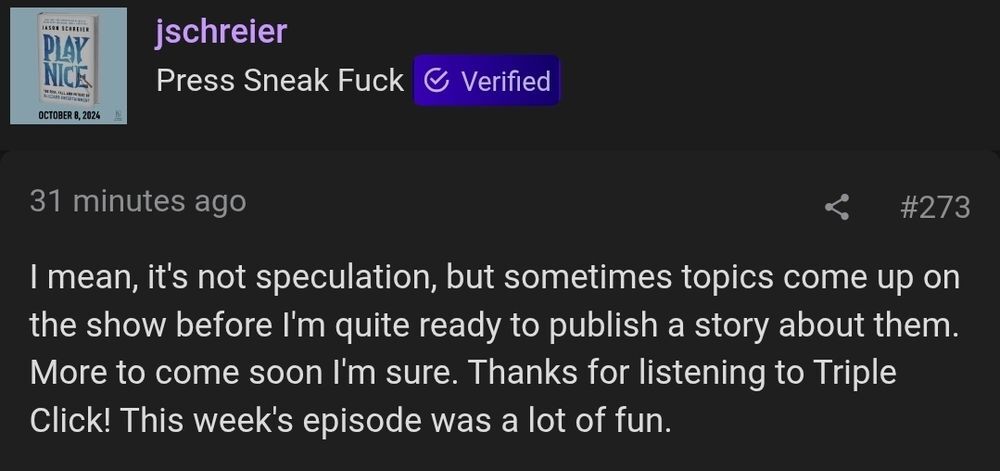
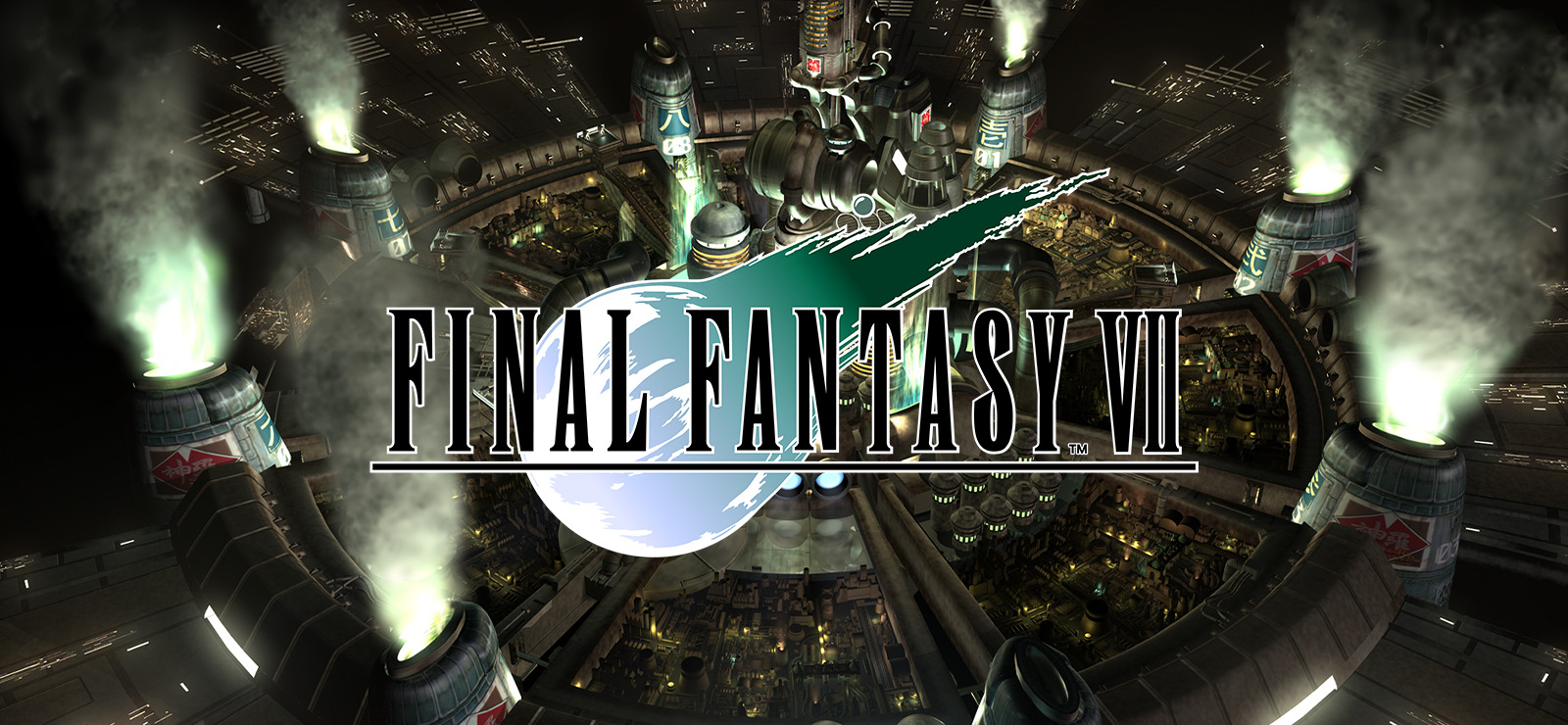
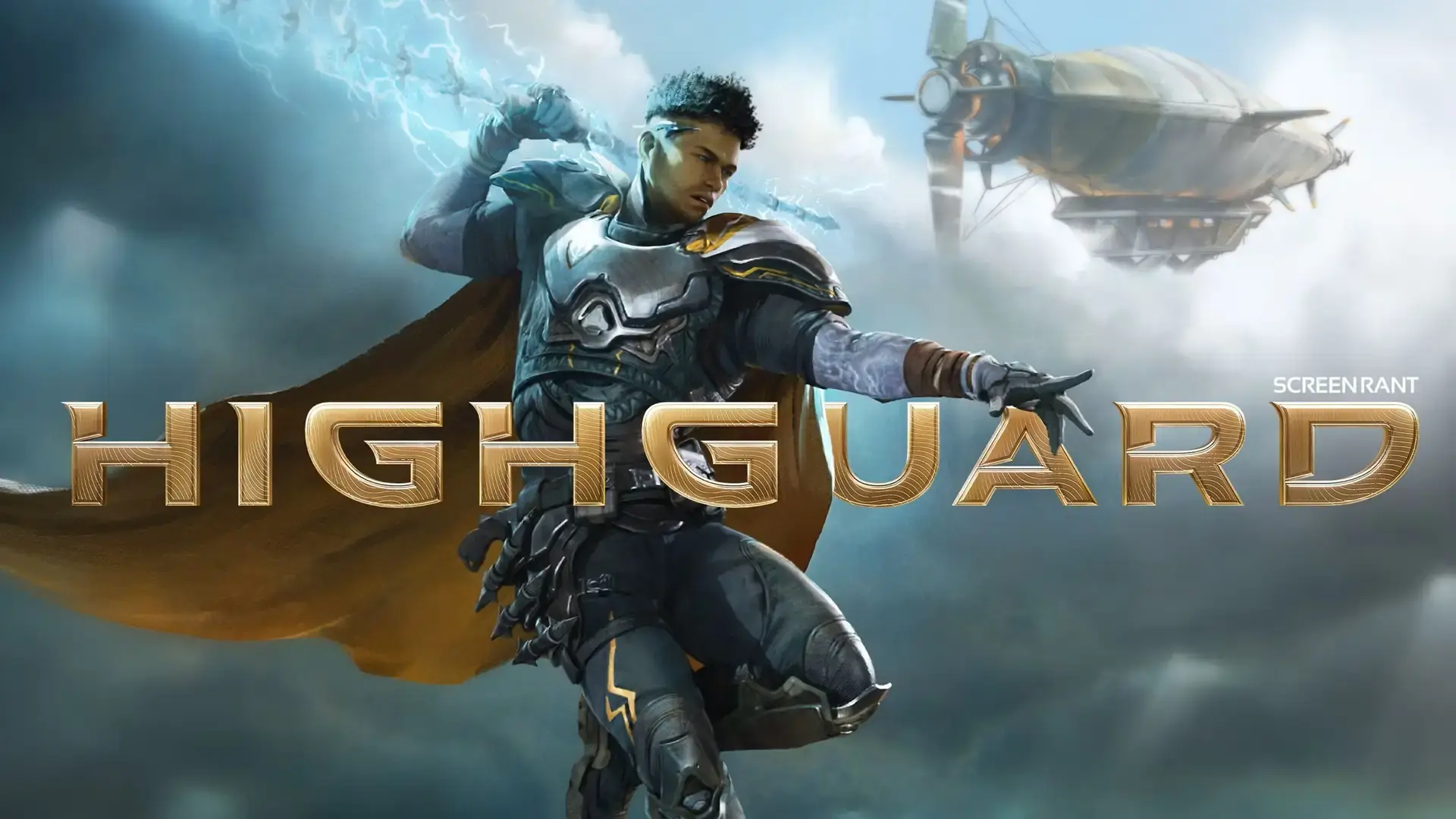
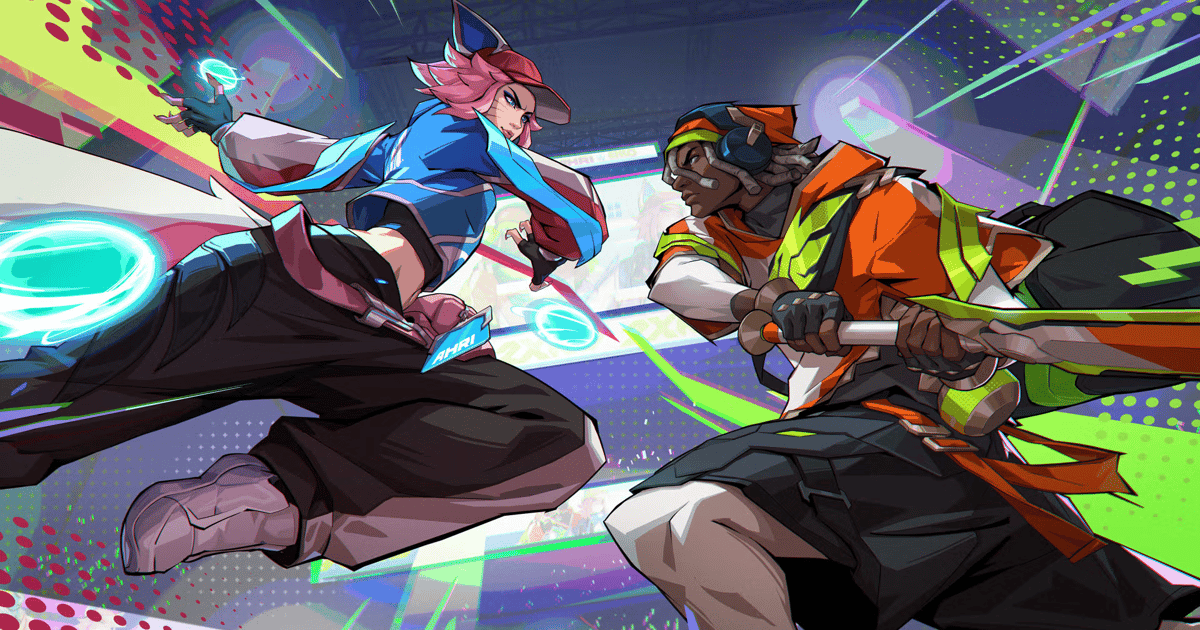

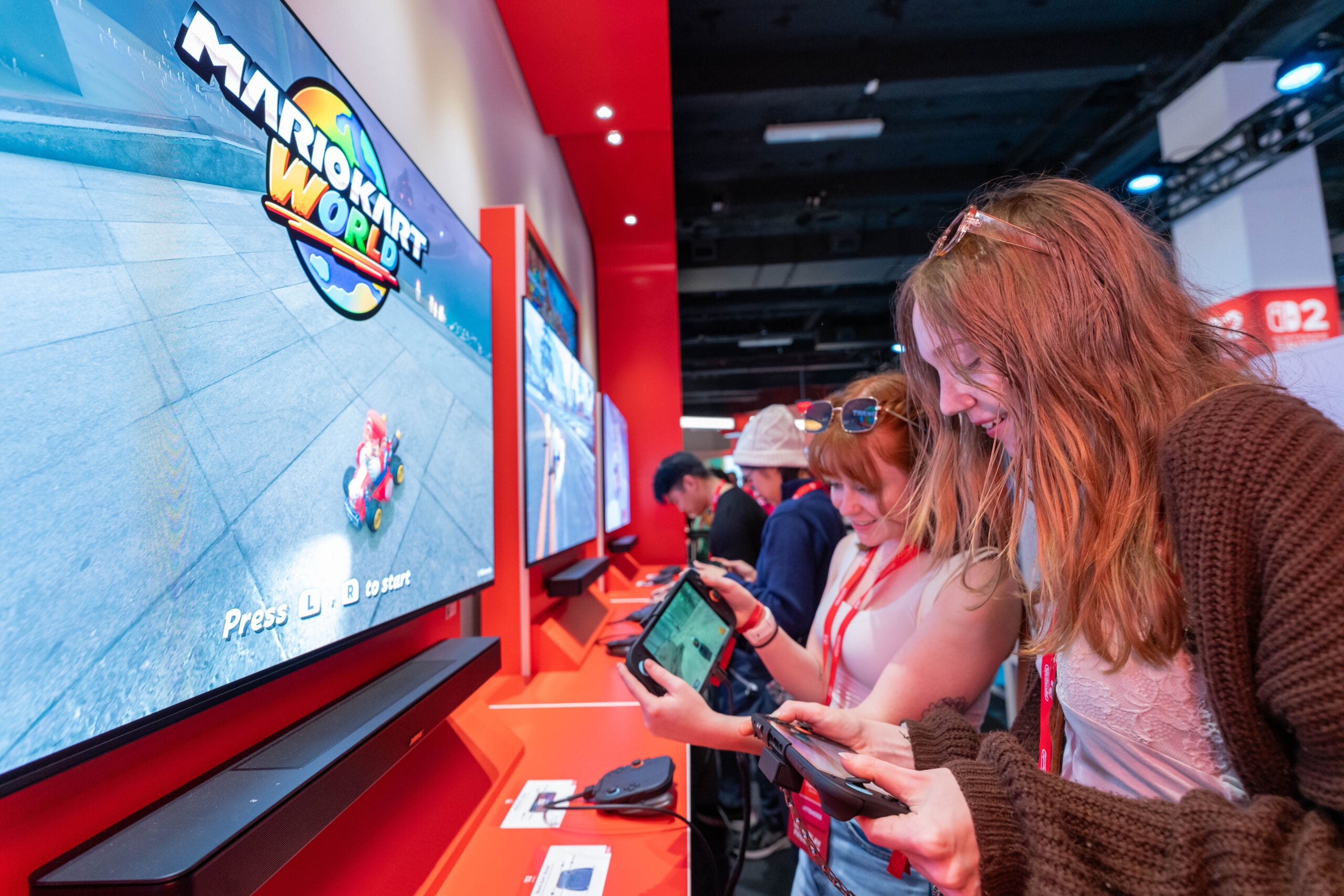

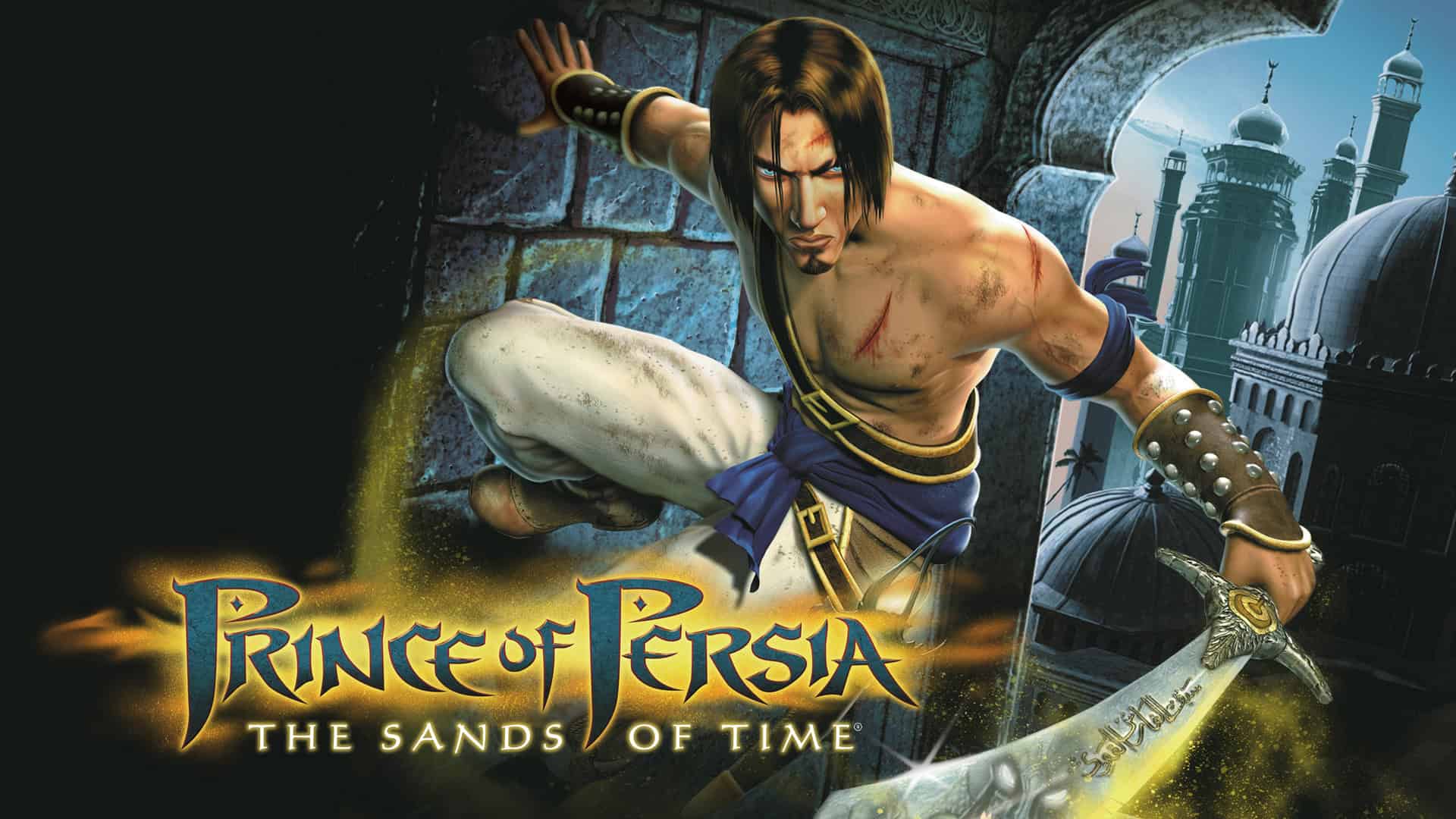

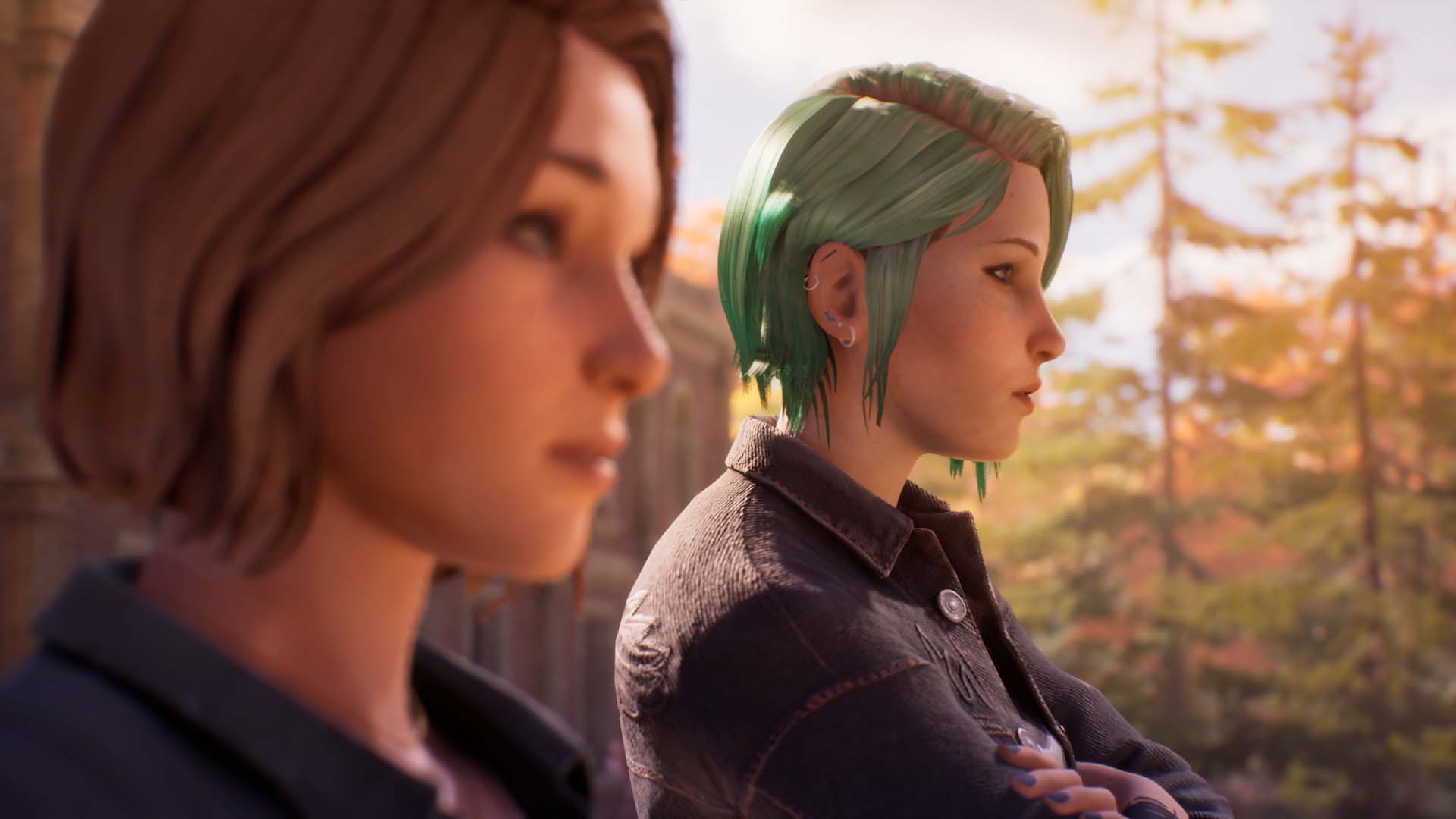
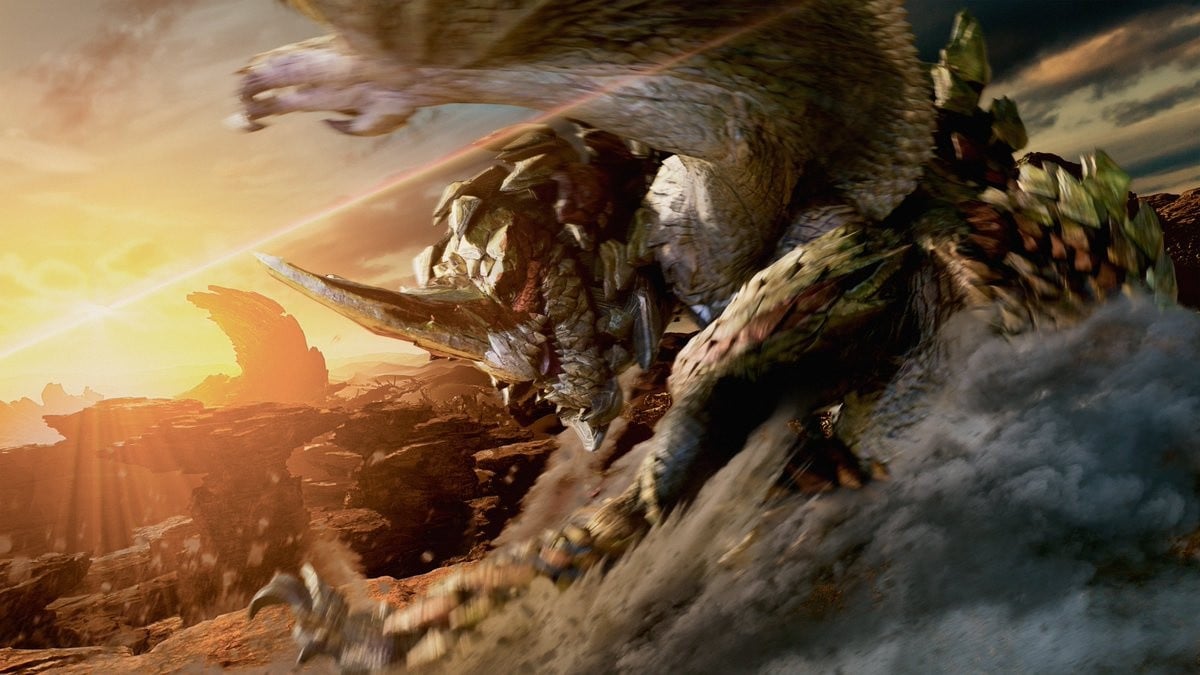

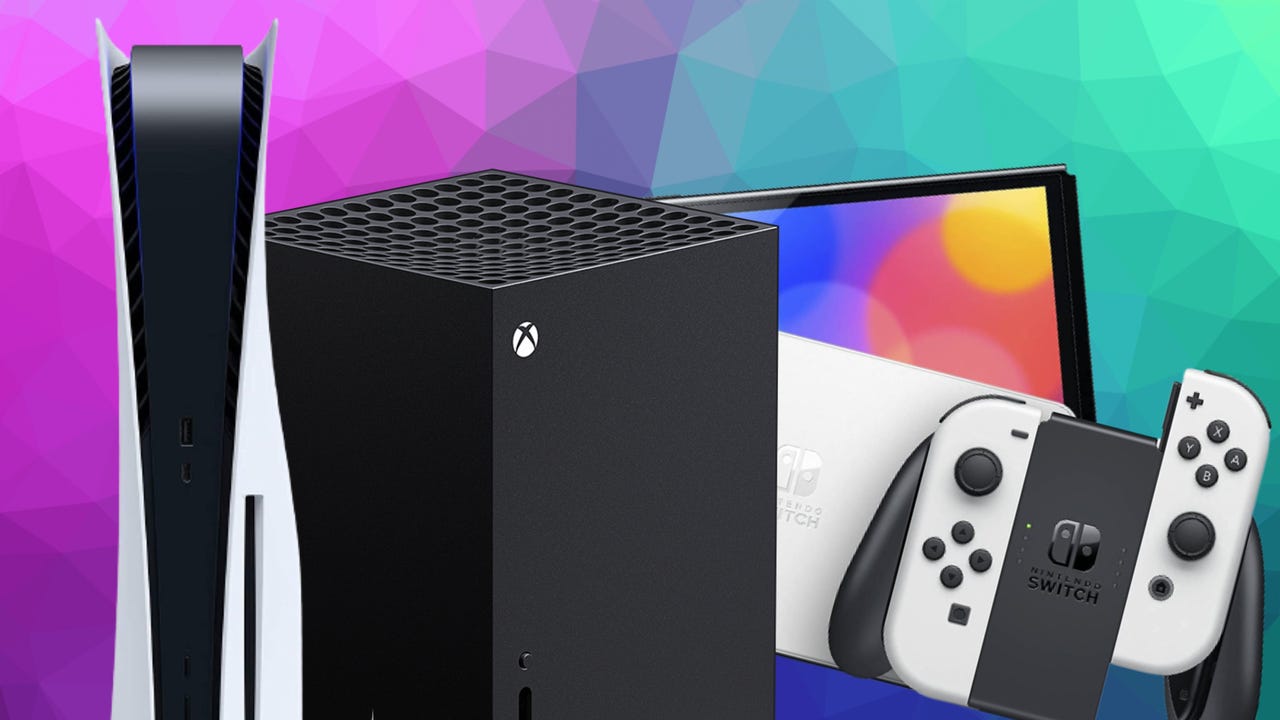
I don’t think the Xbox or PlayStation brand will end anytime soon, but trying to keep doing things the way they’ve been done makes about as much sense as a cable company fighting against the rise of streaming television. PC is the largest single platform and is still growing, and even despite the complete obliteration of Sony’s closest competitor, PlayStation 5 hasn’t grown compared to 4; their growth has only come from selling at higher prices to the same number of users and from microtransactions from games that they don’t make themselves which are available on many platforms. Which doesn’t mean that they don’t still have their customers like yourself, but if I already decided to play my games on PC, how on earth are they going to convince me to start buying third party games on PlayStation, where their money is actually made? At the very least, they can offer me the ability to buy their big blockbusters (which often cost more to make than they’re seeing back in returns these days) on PC to recoup some of what they spent.